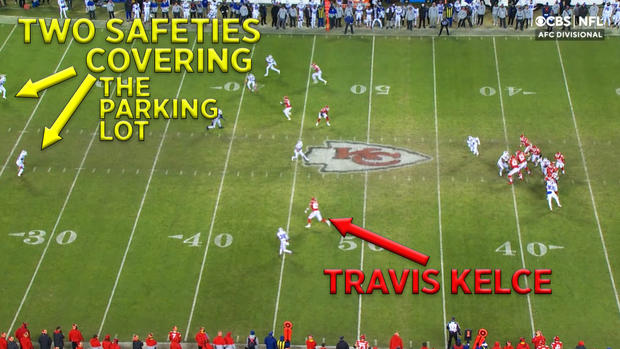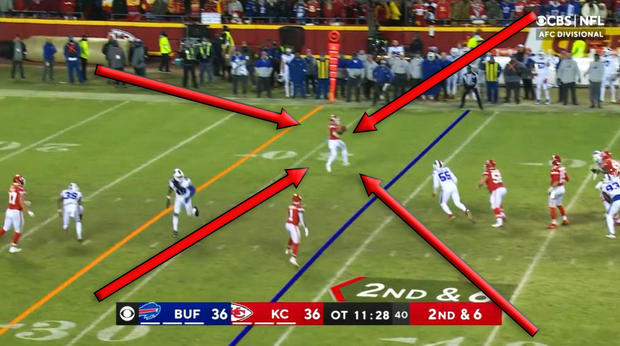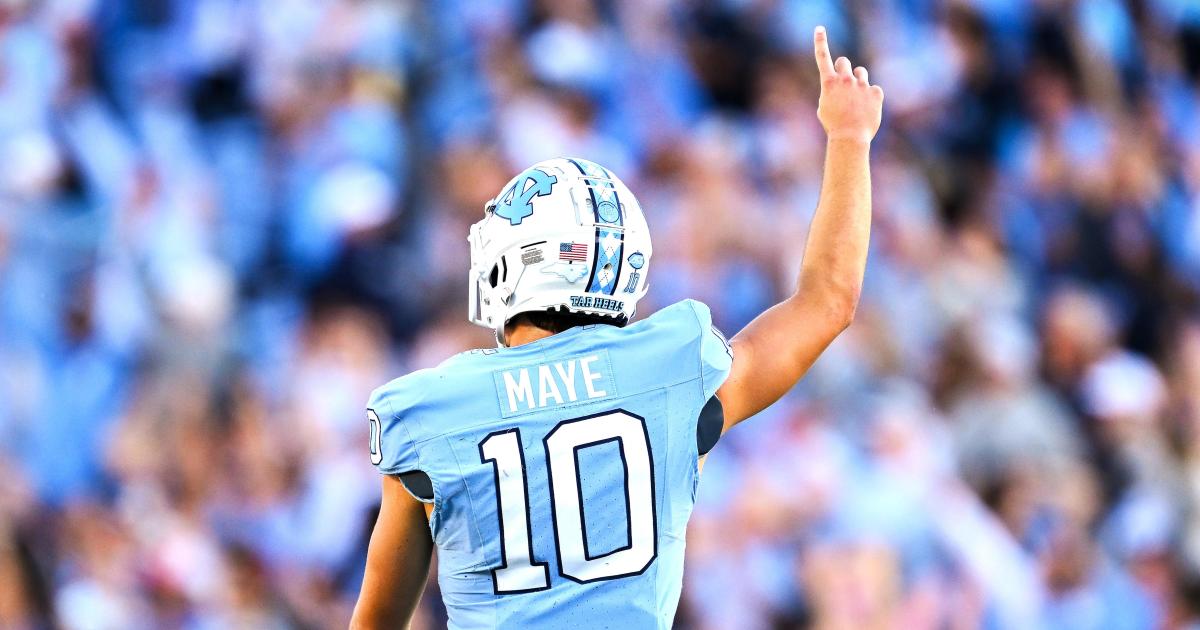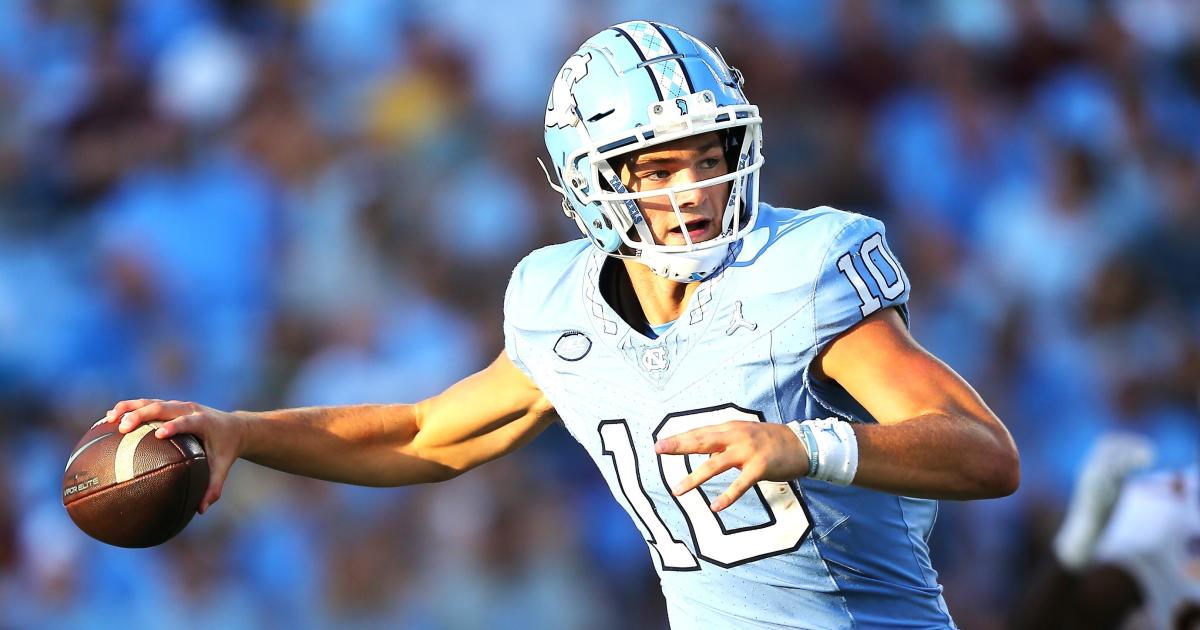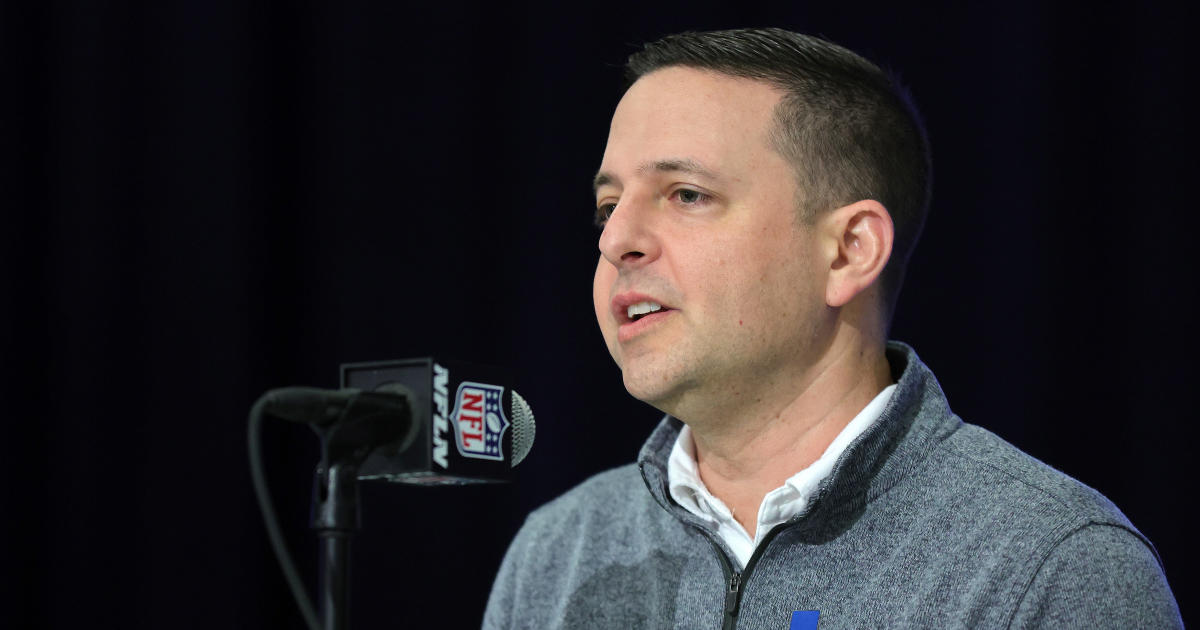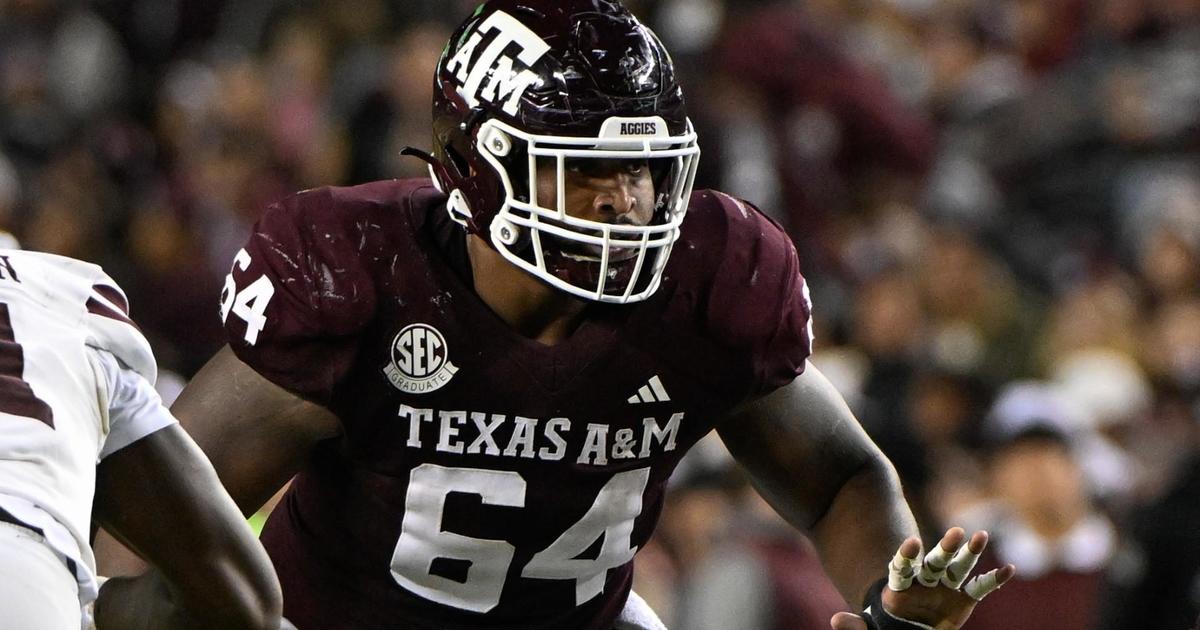Hurley: The NFL's Overtime Rules Are Fantastic, And They Should Never Be Changed
By Michael Hurley, CBS Boston
BOSTON (CBS) -- A playoff game ended in overtime after one single possession, which can only mean one thing: People are going to complaaaaaaain.
But not me. Not this sports fan. I'm here solely to speak the truth. The raw, unfiltered truth: The NFL's overtime rules are fantastic. Let's hope they never change.
For whatever reason, whenever a team loses without getting the football in overtime, the word "fair" starts to get thrown around. Josh Allen didn't touch the ball in OT -- it's not fair!
Well … yeah. That's right, Bobby. It's not fair. It's a competition. For a team to win, it has to compete. Once the coin bounces one way, it's time to compete. And even though the fairness crowd conveniently forgets this every time, the players on defense tasked with stopping a game-ending touchdown drive? They're actually on Josh Allen's team. They're teammates. They're part of the football team.
Oh, that's another word we should remember: football. That's the sport, that's the game. Football. It's not called "offense." It's not called "scoring." It's not called "Josh Allen has to get the ball for fairness." It's called football. And football consists of teams -- teams that play offense, defense and special teams. To win a football game, typically a team has to function reasonably well in all three of those phases.
So, say a team takes a three-point lead with 13 seconds left in regulation, but then kicks off deep through the end zone, thus not forcing the opponent to waste any time on the kick return. That team made a poor special teams decision -- if they even made a decision at all.
In this case, it's not clear if the thought ever crossed Sean McDermott's mind. The Bills' head coach was asked after this loss if he considered kicking off short to force the Chiefs to waste precious seconds returning the kick.
"We talk about a lot of things," McDermott vaguely answered. "I'm just going to leave it at the execution, and that starts with me."
Sounds like something that never crossed his mind. And people want him to be rewarded with a possession?
And, let's say a team does kick deep after going up by three with 13 seconds left in the game. That team still is capable of preventing the opponent from driving -- oh, call it, 44 yards on two plays -- to get into field goal range. That team could maybe put a body on Travis Kelce, and maybe not donate 20 free yards to Tyreek Hill to start the drive. Doing so is entirely up to them. But the Bills didn't do it.
This is how the Bills played defense on the final offensive snap of regulation:
And people want to reward them with a possession?
Then there is the overtime itself. Yes, the Bills lost the coin toss, but once again they employed the football players on their football team to try to win the football game. They failed.
Kansas City faced just one third down while marching 75 yards for the game-winning score, and even that was just a third-and-1. McDermott and Leslie Frazier weren't exactly built for that moment, and the players looked as though they had flat-out quit once the Chiefs got into field goal range. Mecole Hardman was this open for the easiest 26-yard completion of Patrick Mahomes' life.
Then the Bills left a linebacker on Kelce. It didn't work out. And the Chiefs won the game.
To some, the Bills "didn't get a chance" in overtime.
But again, the Bills are not Josh Allen. The Bills are not "the offense." The Bills are the Bills. And the Bills got absolutely run over in overtime. People seem to forget that part.
As for solutions thrown out, some say that "Team B" should get a possession in overtime no matter what, and sudden death rules can follow after that. To them I have a question: If Team A scores a touchdown, then Team B scores a touchdown, then Team A scores another touchdown, don't we have to give the ball back to Team B again? Wouldn't that be fair? Aren't we shooting for fairness above all else? Team B needs a second free possession even after getting worked to the tune of two touchdowns in two drives at the game's most critical moment. That's what football is all about: being given things that aren't earned.
Others may want a complete swap of the overtime format, adopting the college overtime rule where teams trade possessions at the 25-yard line until one team outscores the other. In that format, though, the team that possesses the ball second wins the game just as often as receiving teams do in NFL overtimes.
The college OT format is certainly different. Some might argue it's more entertaining. But it's objectively not any more "fair."
Because, again, the game is not fair. The game is a competition. Some things work for you, some things work against you. The winning team is the one that overcomes challenges and executes more than the opponent. Short of a bad penalty call or a kick bouncing off a goalpost, not much over the course of a game is ever just given to a team. That can't change all of a sudden in overtime just because people are eager to see a certain quarterback get the football.
Of course, a few years ago, Andy Reid and the Chiefs disagreed with me. They argued that both teams should get a possession, because Mahomes stood by idly as the Kansas City defense allowed the Patriots to convert not one, not two, but three third-and-10s in overtime. The K.C. defense -- much like Buffalo's on Sunday night -- then gave up, allowing Rex Burkhead to go 15 yards on three runs to end the game and end Kansas City's season.
That rule proposal was rejected -- probably because football isn't about fairness; it's about football. The Chiefs are likely quite happy about that today.
We all should be. The NFL's overtime rules rock. They force a team to play all three phases of the game under intense pressure if it wants to win the game. That's football. Let's hope it never changes.
You can email Michael Hurley or find him on Twitter @michaelFhurley.
